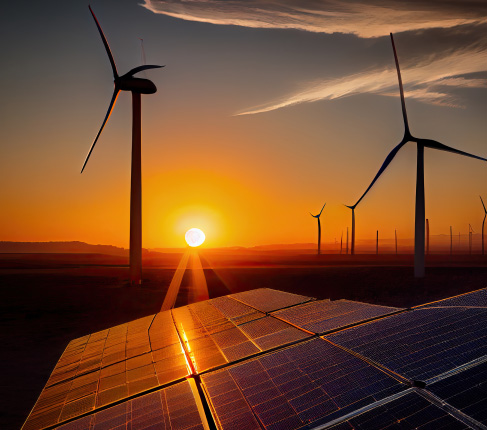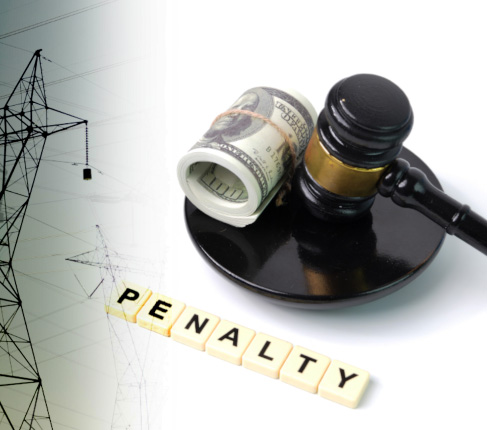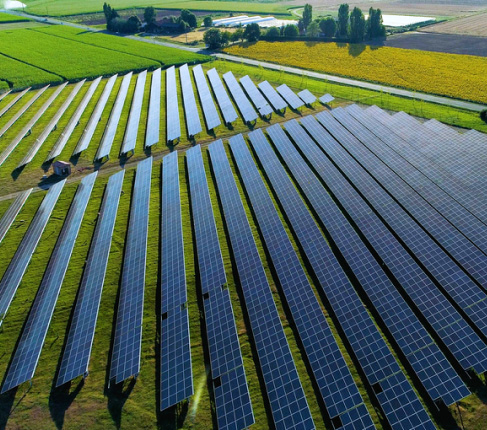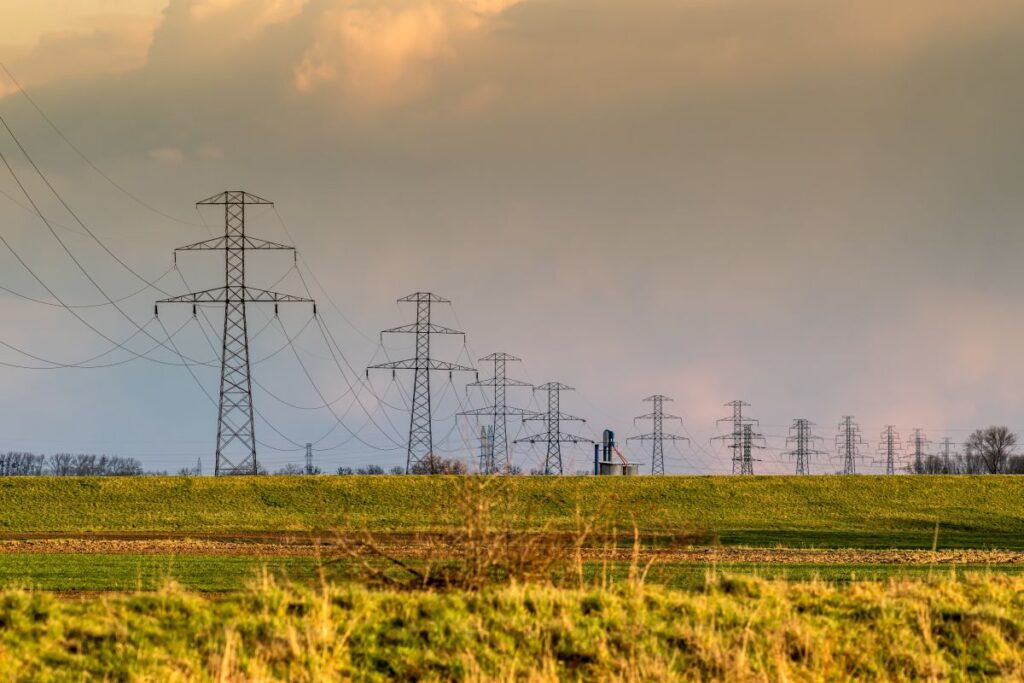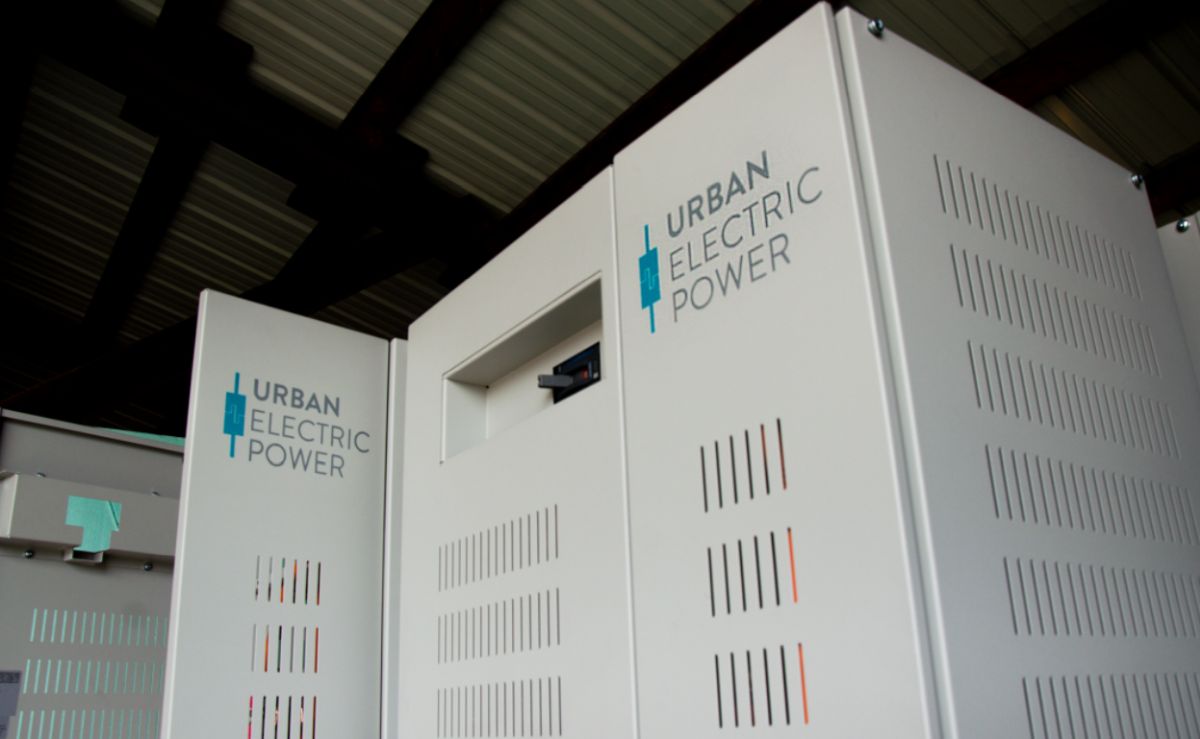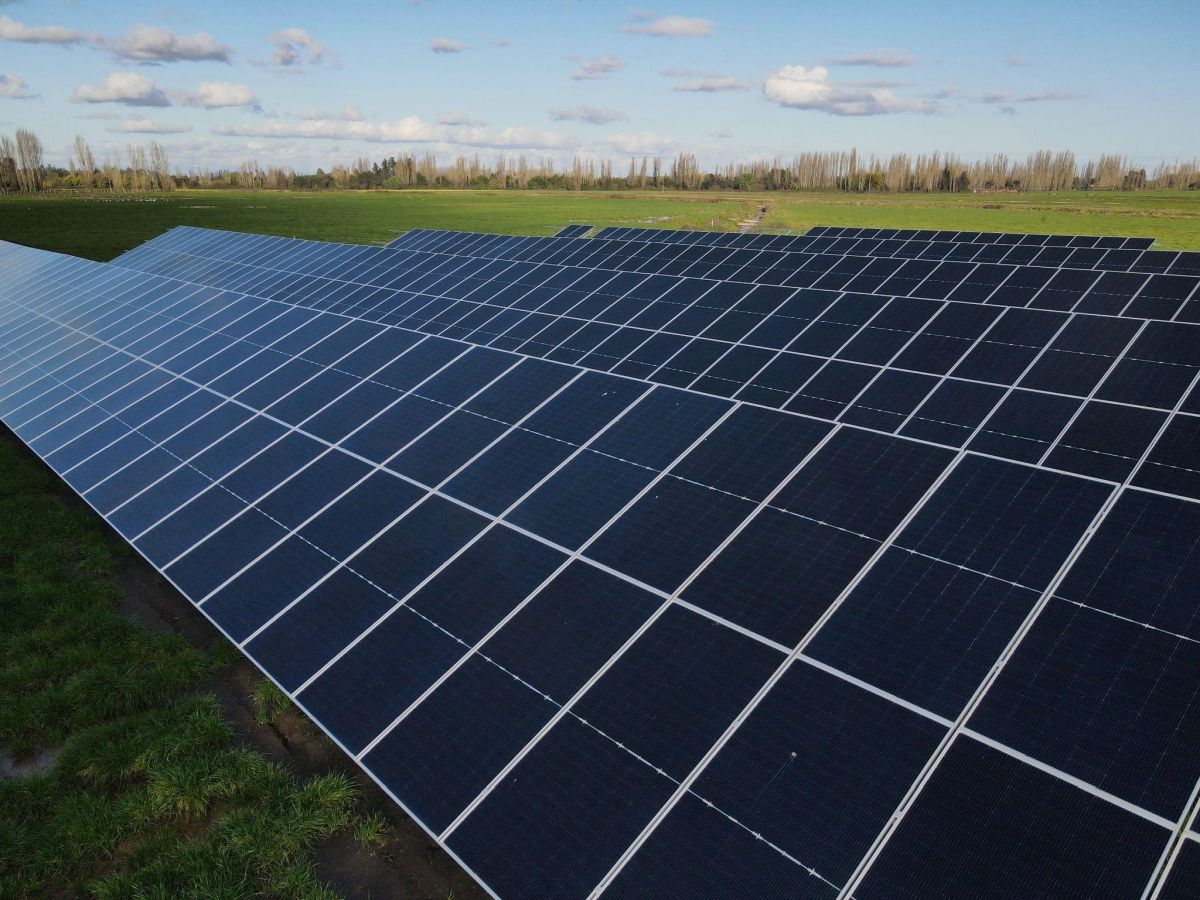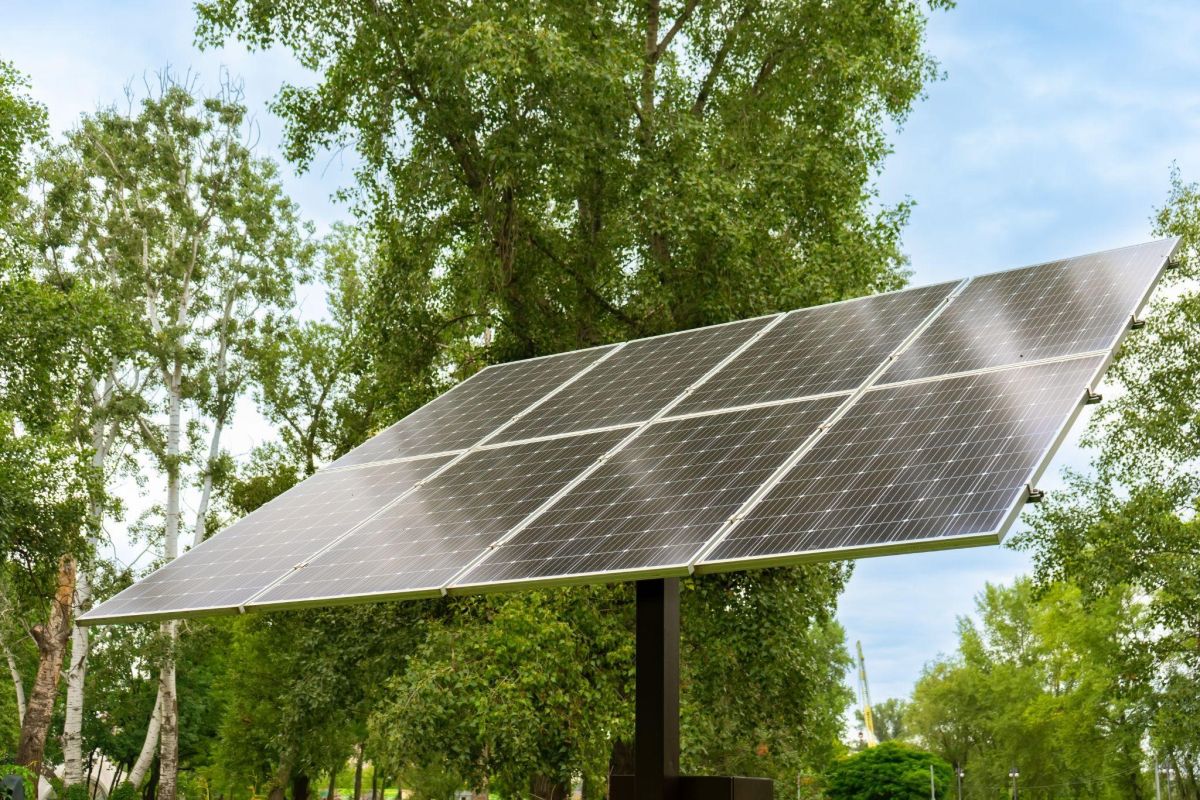WWW.POWER-GRID.COM
North Louisiana landowner asked for bill to stop transmission line project.
Louisiana lawmakers are considering a bill that could block the construction of a long-planned transmission project that would deliver cheap electricity from Texas to Mississippi.
Senate Bill 108, sponsored by Sen. Alan Seabaugh, R-Shreveport, has gotten relatively scant attention as it sails through the Legislature. It cleared the Senate chamber last month in a 36-1 vote and is awaiting a committee hearing in the House.
The bill would prohibit expropriation for any transmission project that doesn’t deliver a majority of its electricity to users in Louisiana, although the project Seabaugh is targeting does deliver power to a network connected to the state.
Expropriation, also known as the taking of land under eminent domain, is the authority to acquire private property for a public use, such as a new highway or drainage canal. In exchange, the owner must be paid, at minimum, the fair-market value for their property.
While expropriation is mostly reserved for the government, state law does allow for certain industries to use it if they have exhausted all good-faith attempts to reach a deal with a landowner. Companies that turn to eminent domain include power utilities and those that build energy infrastructure like transmission lines.
On its face, Seabaugh’s bill might appear to be a measure to protect landowners from a business that offers no public benefit to Louisiana residents. However, his proposal is specifically tailored to apply to a single company and a single project: Pattern Energy’s Southern Spirit Transmission line. Some who work in the energy and utilities sectors are sounding the alarm over harmful, unintended consequences that could result if Seabaugh’s bill becomes law.
The Southern Spirit Transmission project is a 320-mile transmission line that will deliver cheap wind power from the Texas grid to a power station in Choctaw County, Mississippi, by crossing through North Louisiana. Onshore wind has for the last several years been the cheapest source of electricity both in the United States and across the globe, according to a study by the financial firm Lazard.
Seabaugh has acknowledged he sponsored the bill upon the request of a Louisiana landowner who doesn’t want to sell their land to Pattern Energy. The senator has suggested the state will see no benefit from allowing a transmission company to expropriate land for a project that doesn’t transmit electricity to Louisiana.
“They have an overabundance of… wind and solar power in Dallas, and they’re trying to build a transmission line to transmit that to the state of Mississippi,” Seabaugh said.
However, Louisiana would receive electricity from the Southern Spirit Transmission line because the line will feed electricity to a Mississippi transmission station that’s part of the regional grid known as MISO (Midcontinent Independent System Operator). The MISO grid covers most of Louisiana, Arkansas, Mississippi and a large swath of the Midwest.
This allows utility companies across state lines to share electrical loads and better adjust to demand spikes and other incidents that could otherwise cause service interruptions.
Sen. Eddie Lambert, R-Gonzales, who voted against Seabaugh’s proposal, was the only senator to question the bill during the Senate floor debate.
“I just see that we’re making exceptions here that could cause problems in the future whenever we do this,” Lambert said. “Power is something that’s nationwide. We all benefit from it even though it may be in Mississippi that it’s being sold and generated in Texas.”
The Southern Spirit Transmission line will have the capacity to carry power in either direction, which would provide the Texas grid with an additional lifeline to help during severe-weather blackouts such as those during Winter Storm Uri in 2021. The storm triggered the worst energy infrastructure failure in Texas state history.
Texas Gov. Greg Abbott initially blamed the outages on frozen wind turbines and solar panels, but data from the federal grid monitor proved it was the fault of natural gas utilities that failed to winterize their power plants. Although some wind turbines were also not winterized, the Texas grid lost five times as much power from natural gas as it did from wind. Several coal-powered electricity generators and one of the state’s four nuclear plants were also knocked offline, according to the New York Times.
While the Southern Spirit Transmission (SST) line will primarily deliver power from Texas to Mississippi, electricity will flow to and from both states and both grids. Adam Renz, director of project development for Pattern Energy, said the voltage carried on the line will definitely benefit Louisiana and the rest of the MISO grid.
“The electrons will be injected into MISO regardless of whether any Louisiana utilities choose to contract with SST,” Renz said. “So, electrons will be consumed by Louisiana users just by the very nature that electricity flows to where the load is, and Louisiana has the greatest load centers in MISO South.”
Utility companies in Louisiana could tap into the transmission line if they desired. Simon Mahan, executive director of the Southern Renewable Energy Association, pointed out that federal regulations will require Pattern Energy to hold open solicitations to sell access to the transmission line.
“But the physics of the grid mean a substantial amount of power will go to Louisiana,” Mahan said, adding that his organization is opposed to Seabaugh’s bill.
Pattern Energy executives say the legislation would effectively stop the Southern Spirit Transmission project , though Seabaugh disagreed with this notion during Senate floor debate. His bill wouldn’t actually block the project but would merely prevent the company from using the expropriation process to acquire the land, he said, stopping the company from “taking the land of Louisiana landowners against their will.”
Louisiana’s expropriation statutes don’t give companies direct power to take land against an owner’s will. Rather, they allow a company to file an expropriation lawsuit. The process works its way through state court in the parish where the land is located, allowing landowners the opportunity to contest it and placing the decision in the hands of a judge.
Seabaugh’s bill, if passed in its present form, could trigger a federal lawsuit challenging its constitutionality, Mahan said.
The topic came up during last month’s meeting of the Louisiana Public Service Commission. LPSC Executive Secretary Brandon Frey voiced concerns that the bill appears to cross into the arena of interstate commerce. Any regulation of high-voltage transmission lines between states falls under the purview of the Federal Energy Regulatory Commission (FERC).
“There are some serious concerns that this would be violative of FERC’s primacy on these issues, and it may be a violation of federal law,” Frey said.
If Seabaugh’s bill prompts Pattern Energy or some other party to file a lawsuit, the state would be the defendant. Thus, Louisiana taxpayers could potentially bear the cost of legal fees for what is essentially a private land dispute case the landowner would have otherwise paid for if lawmakers had not gotten involved.
An amendment to Seabaugh’s bill adopted during a Senate committee meeting added provisions that attempt to address interstate transmission projects, but the wording is somewhat confusing and doesn’t provide a clear exception for such projects. Frey said he could see it still having unintended consequences by violating federal law or by prompting other states to block Louisiana utilities from having their own interstate transmission lines built.
Lambert made a similar argument on the Senate floor.
“Why would we want to undercut the ability to sell power somewhere else… say if Mississippi passed something like this and we were getting power from Alabama?” Lambert asked.
The bill is pending a hearing in the House Committee on Civil Law and Procedure.






